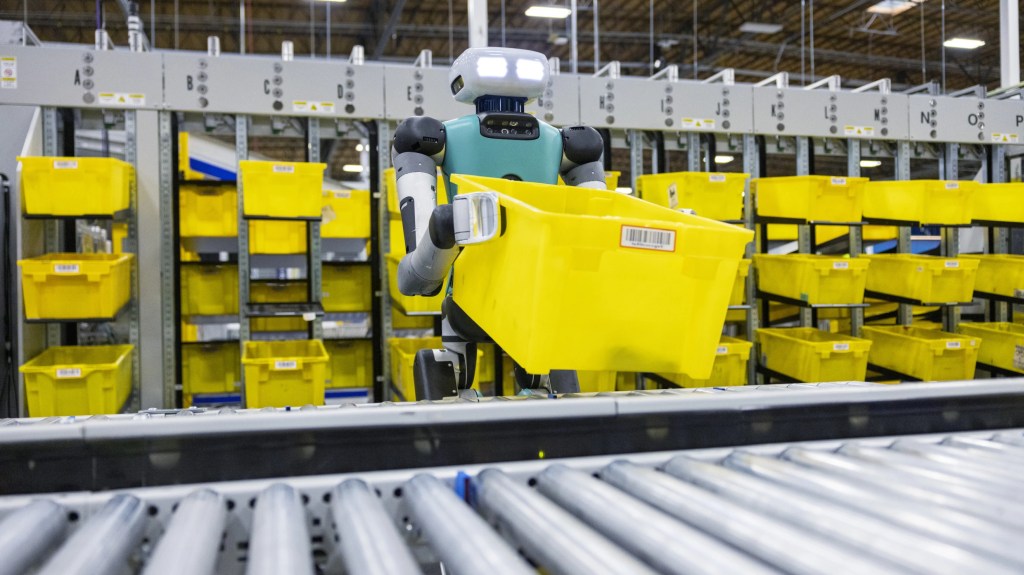
Qualcomm, which makes chips for smartphones, said it will lay off 226 workers in San Diego later this year, according to a California WARN notice published this week. The layoffs, which were first reported by The San Diego Union-Tribune, will take effect the week of November 12.
The layoffs affect employees at 16 facilities across San Diego, including the company’s headquarters, which has a cybersecurity presence. It’s unclear if the cybersecurity team is affected, and a Qualcomm spokesperson declined to say when asked by TechCrunch.
In a statement, Qualcomm spokesperson Kristin Stiles said: “Our leading technology and product portfolio has positioned us to execute on our diversification strategy. As part of a normal course of business, we prioritize and align our investments, resources, and talent to ensure we are optimally positioned to take advantage of the unprecedented diversification opportunities in front of us.”
The decision by Qualcomm to lay off hundreds of employees comes less than a year after the chipmaker let go of more than 1,250 workers. During 2023, Qualcomm recorded $35.8 billion in annual revenue and its chief executive Cristiano Amon took home $23.5 million in total executive compensation.
Are you affected by the Qualcomm layoffs? From a non-work device, you can contact Lorenzo Franceschi-Bicchierai securely on Signal at +1 917-257-1382, or via Telegram and Keybase @lorenzofb, or email. Zack Whittaker can be reached on Signal and WhatsApp at +1 646-755-8849. You can send files and documents via SecureDrop.






